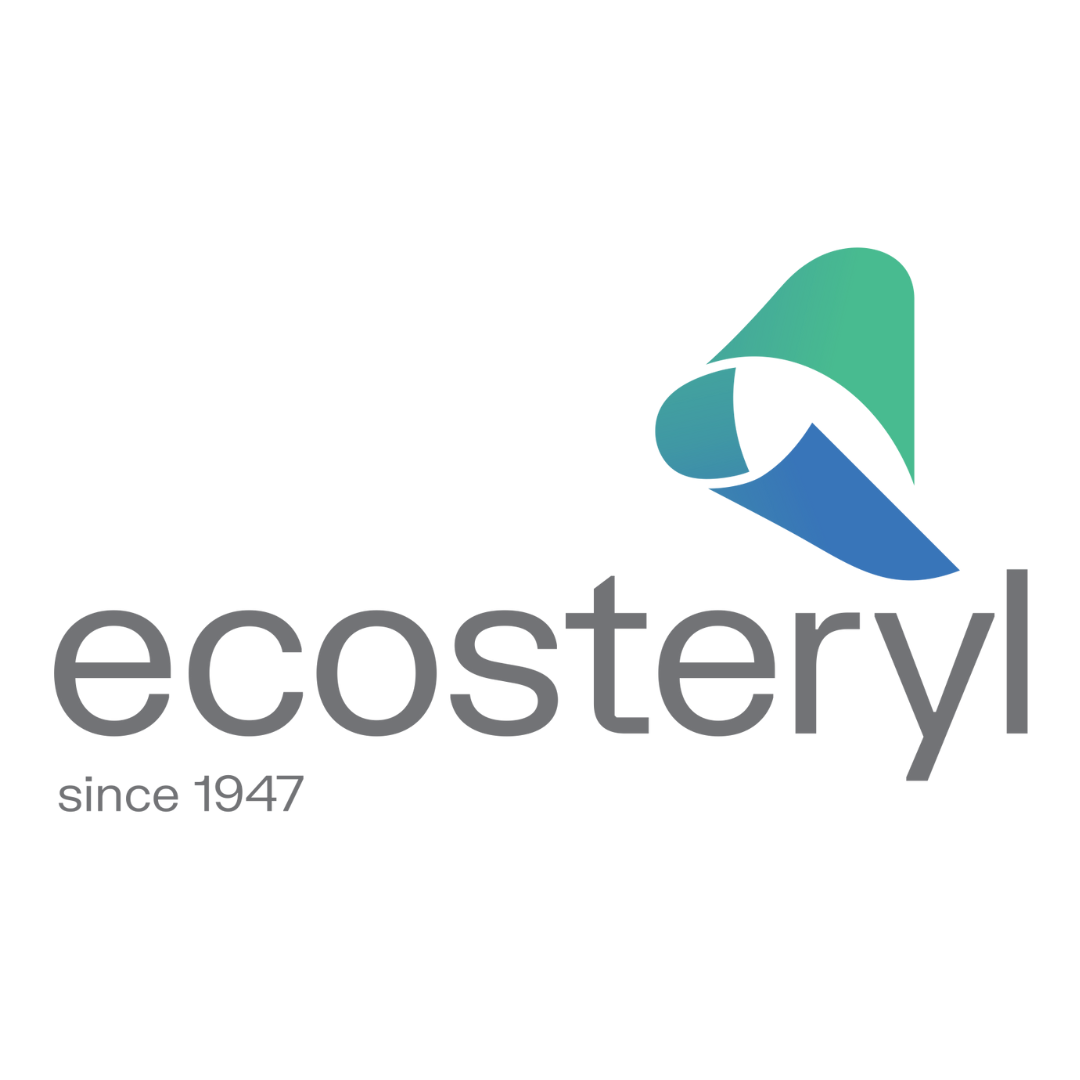

ECOSTERYL

Hainaut, Belgium
June 2024
Waste treatment & disposal
Manufacturing
Albania,
Algeria,
Australia,
Belgium,
Botswana,
Canada,
Chile,
Colombia,
Dominican Republic,
France,
French Guiana,
Gambia,
Ghana,
Greece,
Indonesia,
Italy,
Kenya,
Lebanon,
Lithuania,
Macedonia,
Malaysia,
Mexico,
Morocco,
Nauru,
Netherlands The,
Paraguay,
Philippines,
Portugal,
Romania,
Saudi Arabia,
Senegal,
Slovenia,
South Africa,
South Korea,
Spain,
Taiwan,
Tonga,
Tunisia,
United Kingdom,
United States,
Uruguay,
West Bank and Gaza
As a machine manufacturer for 75 years, Ecosteryl has developed a unique expertise in the development of state-of-the-art specialized eco-friendly equipment. Ecosteryl aims to eradicate the environmental and health problems associated with medical waste in the world. By offering the best possible technology on the market and becoming a leading player in the health sector and circular economy, our goal is to contribute to a safer and cleaner planet for future generations. We assist them worldwide to successfully face the health and environmental challenges created by the global problem of medical waste treatment. With more than 230 installations in over 65 countries, Ecosteryl is a leader in the management of infectious medical waste. Our biggest machine can handle and decontaminate up to 7 tons per day. More than ever, we are focused on future generations and we are the only company to produce a machine that can sort decontaminated hospital waste.
Overall B Impact Score
Governance 16.8
Governance evaluates a company's overall mission, engagement around its social/environmental impact, ethics, and transparency. This section also evaluates the ability of a company to protect their mission and formally consider stakeholders in decision making through their corporate structure (e.g. benefit corporation) or corporate governing documents.
What is this? A company with an Impact Business Model is intentionally designed to create a specific positive outcome for one of its stakeholders - such as workers, community, environment, or customers.
Workers 23.1
Workers evaluates a company’s contributions to its employees’ financial security, health & safety, wellness, career development, and engagement & satisfaction. In addition, this section recognizes business models designed to benefit workers, such as companies that are at least 40% owned by non-executive employees and those that have workforce development programs to support individuals with barriers to employment.
Community 15.8
Community evaluates a company’s engagement with and impact on the communities in which it operates, hires from, and sources from. Topics include diversity, equity & inclusion, economic impact, civic engagement, charitable giving, and supply chain management. In addition, this section recognizes business models that are designed to address specific community-oriented problems, such as poverty alleviation through fair trade sourcing or distribution via microenterprises, producer cooperative models, locally focused economic development, and formal charitable giving commitments.
Environment 30.2
Environment evaluates a company’s overall environmental management practices as well as its impact on the air, climate, water, land, and biodiversity. This includes the direct impact of a company’s operations and, when applicable its supply chain and distribution channels. This section also recognizes companies with environmentally innovative production processes and those that sell products or services that have a positive environmental impact. Some examples might include products and services that create renewable energy, reduce consumption or waste, conserve land or wildlife, provide less toxic alternatives to the market, or educate people about environmental problems.
What is this? A company with an Impact Business Model is intentionally designed to create a specific positive outcome for one of its stakeholders - such as workers, community, environment, or customers.
Customers 13.8
Customers evaluates a company’s stewardship of its customers through the quality of its products and services, ethical marketing, data privacy and security, and feedback channels. In addition, this section recognizes products or services that are designed to address a particular social problem for or through its customers, such as health or educational products, arts & media products, serving underserved customers/clients, and services that improve the social impact of other businesses or organizations.
What is this? A company with an Impact Business Model is intentionally designed to create a specific positive outcome for one of its stakeholders - such as workers, community, environment, or customers.